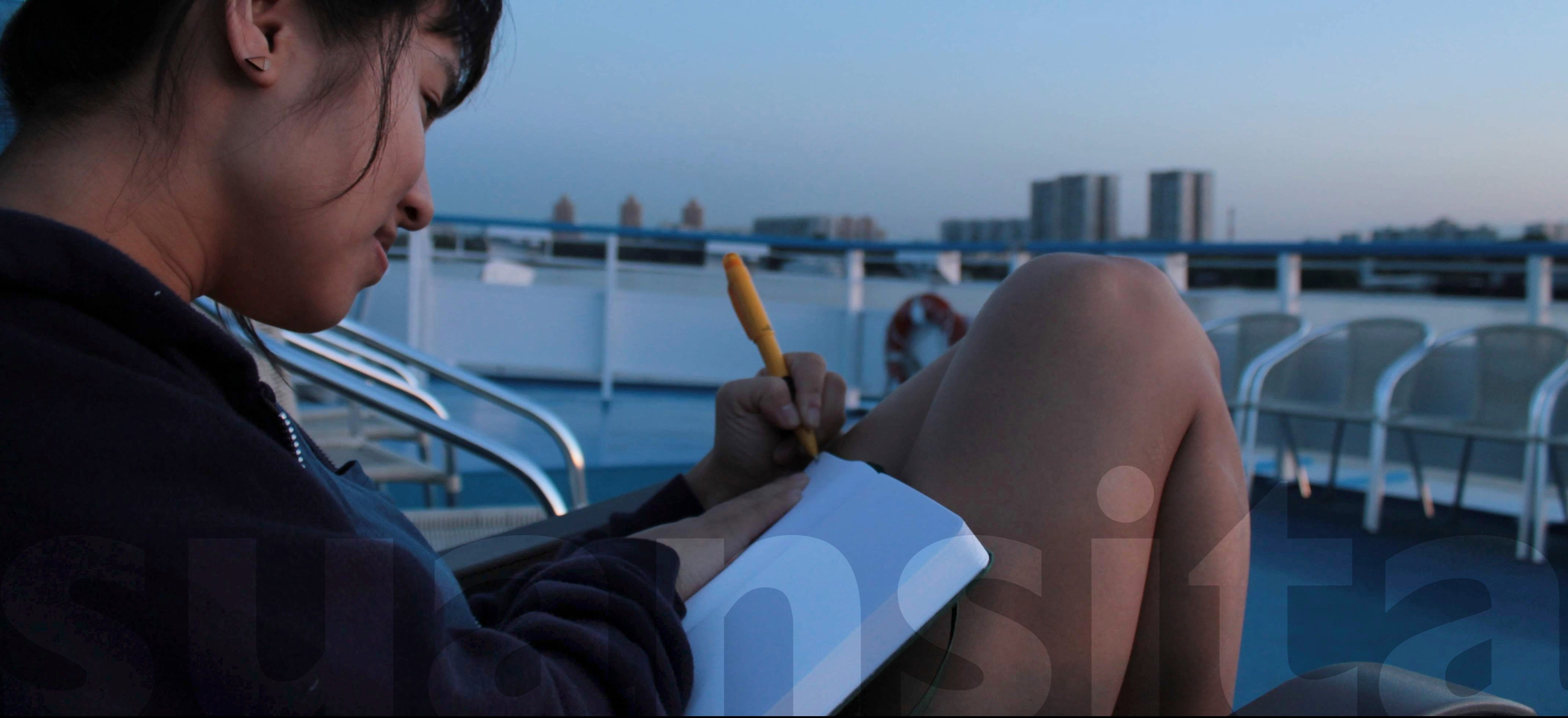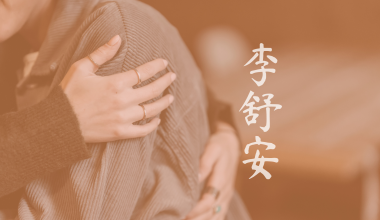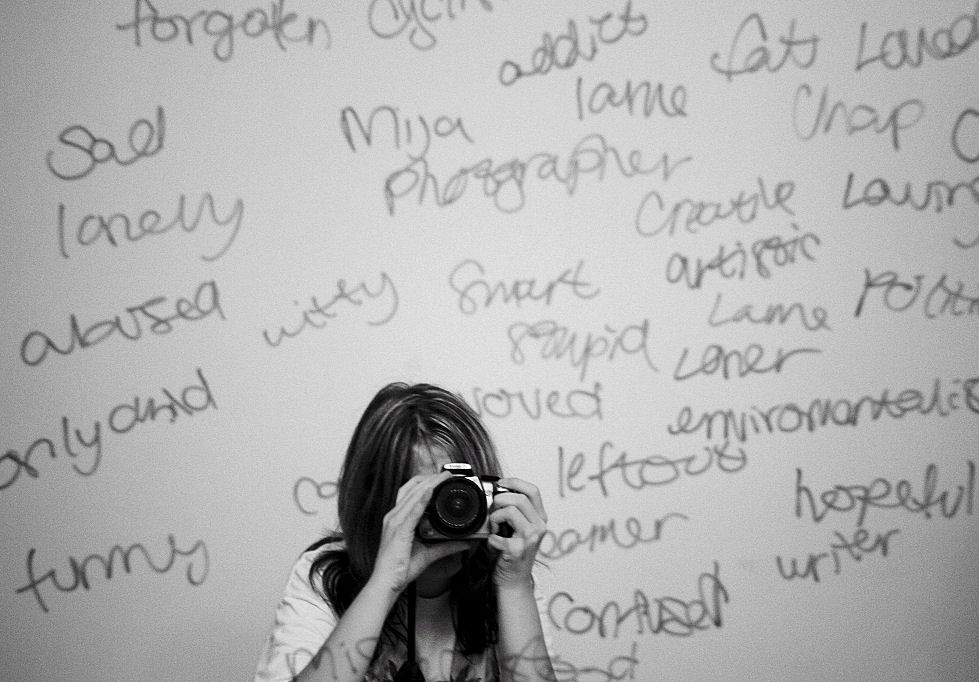It’s one thing to love writing; it’s quite another to love editing. Editing is a passion I only discovered through a university job I picked up after my time in Ecuador and before my year in Bolivia. I always knew that I had decent spelling, punctuation and grammar but as a Research & Editorial Assistant at my alma mater, I found even fixing typos can give me joy.
Obviously editing is so much more than fixing typos. Correcting spelling, punctuation and grammar is proofreading. Proofreading corrects mistakes while editing improves the work as a whole.
Real editing looks at – among other things – consistency, clarity of expression, tone, what’s being said and how it fits into the whole. It can involve some very significant structural changes (major characters have been lost in edits of novels), yet the process of editing is ultimately about discovering what the author really meant to say.
There are several blogs on this site that started out one way and finished another. I’ll draft something in 30 minutes to an hour. But I will spend hours over the next week or so combing through it for sense and sound. Deleting entire paragraphs. Moving others around. Rewriting the introduction. Uncovering what the true message is.

This paradox of transformation and discovery is what I love about editing – and about life.
There’s plenty of focus on life as story. Author Donald Miller started his Storyline business based on this very idea. But even as we talk about writing our lives, we could learn a few things from the process of editing.
To write our lives without editing would be living without reflecting, without learning, without influence from others. It would be to live blindly.
Editing is hard. Editing our own writing can be painful initially, although I have come to really enjoy this part of the writing process.
So what exactly does it look like to edit our lives? Here are three lessons editing can teach us about how to live life.
Lesson 1: Be humble
It takes large and consistent doses of humble pie to even approach the task of editing. To accept editing (or engage in self-editing) is to admit that our work is imperfect. And by extension, that we are imperfect.
It is to say, “I need help”.

When we stop and ask for help, we’re acknowledging that we’ve come as far as we can go on our own and that we need some new perspective on our situation. That’s what good friends and trusted family members are for.
In life more so than in writing, that help is sometimes offered when we haven’t asked for it. It’s harder to be humble in those situations.
It’s tough enough having the vision or ideas in our writing interrogated, even lovingly, How much more difficult is it to have the way we live our lives questioned?
Yet it is humility that will allow us to grow and learn as individuals. Without it, we become stubborn and bludgeon our way through life. At best, we wonder why we’re stuck in a rut or why we keep making the same mistakes. At worst, we blame others for our problems.
Lesson 2: Let go
Editing is more than seeing and highlighting flaws – it’s having the courage to fix them. When we receive back that Word document with its track changes we brace ourselves for the red strikethroughs or the comment that says, “I don’t know what you’re trying to say”, or “This is derivative”, or “You started well but then it goes flat”.
It can be even harder when we’re self-editing. Stephen King in his book On Writing talks about “killing your darlings”. Often I’ll write a paragraph that I think is pretty brilliant and initially I’ll do all I can to keep it in the piece. But over time it becomes apparent that this chunk of genius does not belong in the piece. At all.
Hitting delete can be really painful the first couple of times. But to get the piece to where it needs to be, we need to release it.

To differing degrees, we may cling to possessions, relationships, lifestyle, habits. And so the temptation is to improve our lives with small changes – New Year’s resolutions, developing good habits, focusing on things that give us life – without really challenging the way we live.
Don’t get me wrong – life tweaks can be great. But they’re superficial, aesthetic. They’re merely forms of proofreading. Truly editing our lives will involve really letting go of some tightly held things.
Doing this well requires context – it requires knowing our story.
Lesson 3: Know our story
What eases the pain of the edit is the assurance that the cutting and reassembling is not an act of destruction but of creation – there is purpose to it. At least there should be, if we’re editing right.
We run the risk of chopping and changing at will or slipping back into proofreading – aesthetic pruning – if we lose sight of the narrative and the role each part plays in the whole. It is surprisingly easy to forget what our overarching purpose or message is – talk to any PhD student who feels too close to their work. I have plenty of drafts that I never posted because I got lost and couldn’t find the bigger picture, the true message.
Editing well requires staying on course. Which requires knowing our story.
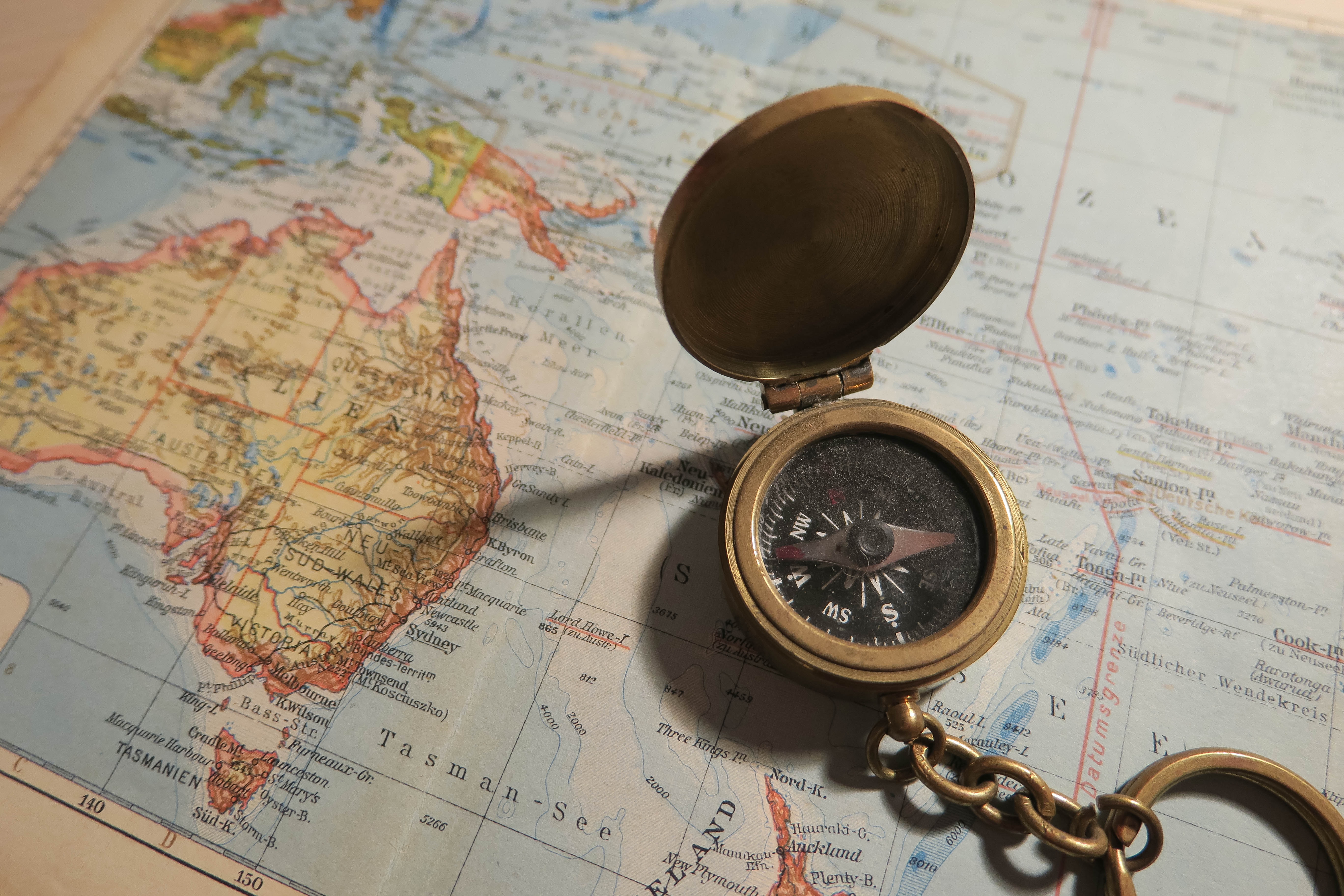
This is where it gets thorny. Many of us will have spent time trying to figure out our story, what we want our lives to be about. But ultimately we don’t have complete say over that. The coronavirus pandemic has thrown into sharp relief just how limited our control is over our circumstances, even over things we took for granted.
For me, knowing my story is about staying connected to the ultimate Author. When I see my story as part of a bigger Story, not only is it far more exciting than my puny story in isolation (no COVID-19 pun intended) – it means I can trust that there is purpose in the editing, perhaps beyond what I can imagine. I can more easily welcome editing in my life and I have a framework for self-editing, too.
There must be some greater truth behind the editing, or else it’s change for the sake of change.
What truth drives your editing? Are you still looking for direction? Or, maybe this is the first time you’ve thought about editing and considered that your story might need some work.
The lessons are hard
Approach the task of editing with humility. Surrender to constructive change. Know our story so we can keep an eye on the bigger picture.
These lessons are all as difficult in real life as in writing, if not more so. But they’re worth learning because the editing process will enrich us and bring greater clarity to our existence.
“I am the Real Vine and my Father is the Farmer. He cuts off every branch of me that doesn’t bear grapes. And every branch that is grape-bearing he prunes back so it will bear even more. You are already pruned back by the message I have spoken.
Live in me. Make your home in me just as I do in you. In the same way that a branch can’t bear grapes by itself but only by being joined to the vine, you can’t bear fruit unless you are joined with me.”
– John 15:1-4
*
Postnote
This post was prompted by the following picture:
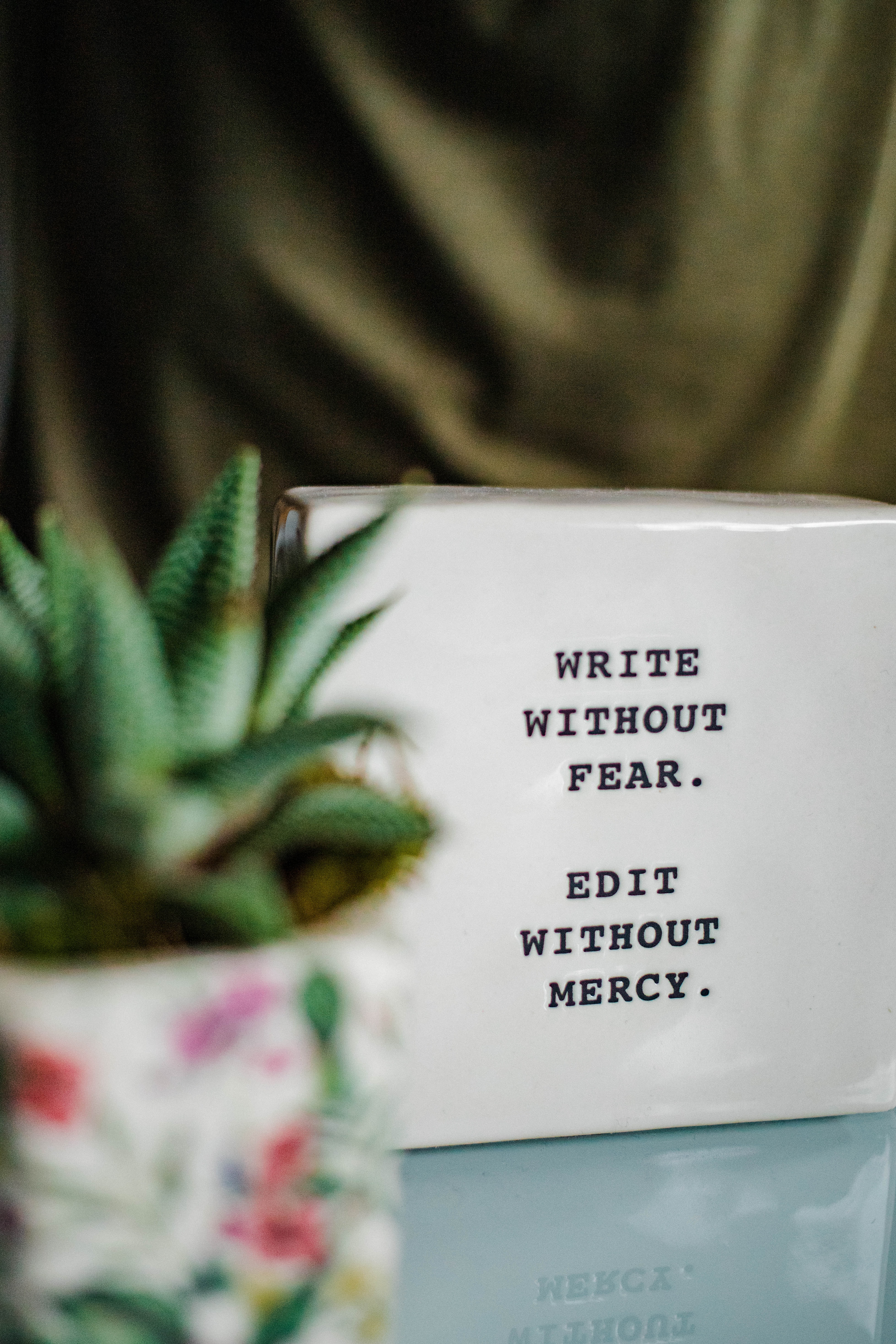
I saw it while searching for an image for a previous post and the statements immediately resonated with me, leading me down the rabbit hole to this post.
Header image: My favourite editor 🙂

